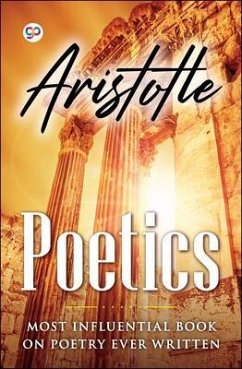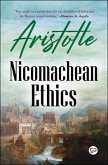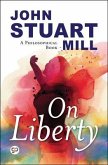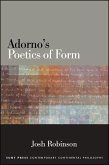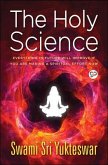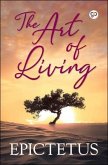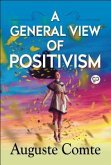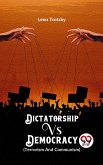The Poetics is much better known than the Rhetoric, though only the first book of the former, a treatment of epic and tragic poetry, survives. The book aims, among other things, to answer Plato's criticisms of representative art. A penetrating, near-contemporary account of Greek tragedy, it demonstrates how the elements of plot, character and spectacle combine to produce 'pity and fear', and why we derive pleasure from this apparently painful process. It introduces the crucial concepts of mimesis (imitation), hamartia (error) and katharsis, which have informed serious thinking about drama ever since. It explains how the most effective plays rely on complication and resolution, recognitions and reversals.
About the Author: Aristotle, (born 384 BCE, Stagira, Chalcidice, Greece-died 322, Chalcis, Euboea), ancient Greek philosopher and scientist, one of the greatest intellectual figures of Western history. He was the author of a philosophical and scientific system that became the framework and vehicle for both Christian Scholasticism and medieval Islamic philosophy. Even after the intellectual revolutions of the Renaissance, the Reformation, and the Enlightenment, Aristotelian concepts remained embedded in Western thinking. His writings profoundly affected the whole course of ancient and medieval philosophy.
About the Author: Aristotle, (born 384 BCE, Stagira, Chalcidice, Greece-died 322, Chalcis, Euboea), ancient Greek philosopher and scientist, one of the greatest intellectual figures of Western history. He was the author of a philosophical and scientific system that became the framework and vehicle for both Christian Scholasticism and medieval Islamic philosophy. Even after the intellectual revolutions of the Renaissance, the Reformation, and the Enlightenment, Aristotelian concepts remained embedded in Western thinking. His writings profoundly affected the whole course of ancient and medieval philosophy.
Dieser Download kann aus rechtlichen Gründen nur mit Rechnungsadresse in A, D ausgeliefert werden.

